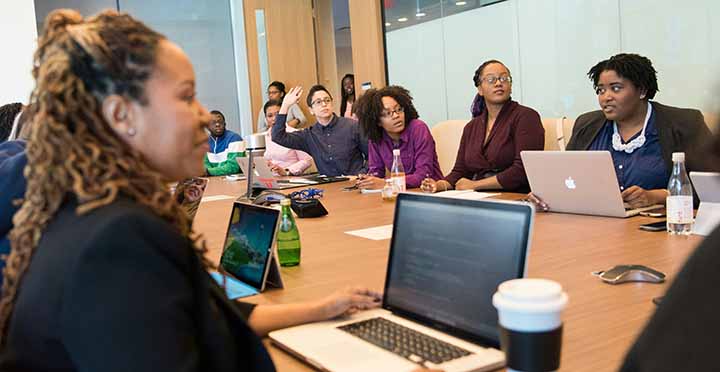
In Oregon, CRB and courts share responsibility for conducting these periodic reviews. CRB typically conducts the first and second reviews (at 6 and 12 months); courts conduct a permanency hearing at 14 months that also qualifies as a periodic review, and then the CRB and the court alternate every six months thereafter until the child leaves foster care.
Most citizen review boards meet monthly and can conduct up to 10 reviews in a day. Prior to reviews, board members have access to case material in order to familiarize themselves with the families. Parents or guardians, youth age 14 years or older, foster parents, court appointed special advocates, attorneys, and child welfare workers are invited to each review. Additionally, other interested parties such as relatives and treatment providers may be invited.
During reviews, board members answer a series of questions, called findings, that determine whether the state has provided sufficient services to the family, how the parents are doing in those services, and what type of goal is most appropriate for the child (reunification with a parent, adoption, etc.). Before making each finding, board members direct questions to those present to fill in any gaps in information from the case material and gain insight into different perspectives that may exist on what has occurred in a case. The board’s findings and recommendations are filed with the court and sent to all legal parties to the case.